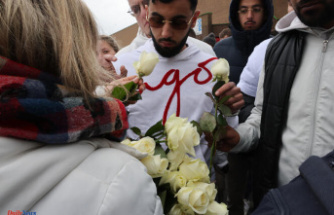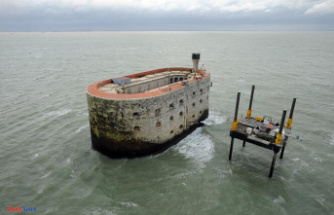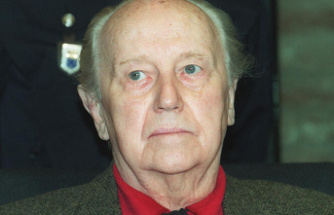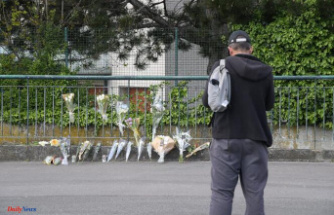The figures yesterday gave the Spanish Society of Neurology, are more than striking. And if not, look around and do the calculation: One out of every six people will have a stroke throughout his life and, therefore, half will develop sequelae disabling or die.
Each year, in Spain, about 120,000 people suffer a stroke, an ailment that already is the second largest cause of death overall in Spain and holds the number one if the stat stops only in women.
however, the disease remains largely unknown among the population, who are not aware of its symptoms and you still associating it to a unique problem of the third age.
aging is without a doubt substantially increases the likelihood of suffering a stroke, said Juan Carlos Portilla, a member of the Spanish Society of Neurology. But not only is it not true that the disease only affects older people, but that "in recent years, the studies show that is increasing in frequency among persons under the age of 55 years".
Although the data are variable, some studies suggest that in recent years has shot up to 25% of the cases that occur among people between the ages of 20 and 64 years old.
Behind this troubling increase, says Hatch, there are a number of factors. On the one hand, the fact that "it is becoming more frequent the exposure to risk factors at an early age". Smoking, obesity, hypertension or sedentary lifestyle have a direct impact on our vascular system, something that we do without often.
But, in addition, there is also growing evidence points to Hatch, that pollution exerts its particular influence that is harmful. "It has been shown that certain pollutants behave as risk factors independent of vascular disease," he stresses.
For the neurologist, it is important to spread the message that stroke is not only the thing of the elderly, as statistics show that young people take longer to ask for help when confronted with symptoms of stroke because they don't think that they can have the disorder.
"With symptoms such as changes in language, loss of strength in one part of the body, the appearance of a facial palsy or a disorder abrupt in the balance there is that to ask for help because speed is crucial," says.
have coined the phrase "time is brain" because the chances of recovery without significant consequences following a stroke are dependent in large measure of reaction time.
Hatch puts an example: With a stroke of ischemic type, which accounts for 85% of all strokes, and causes an occlusion in an artery that irrigates the brain, there are two types of treatment useful to have a window of effectiveness of a few hours.
The approach iv is effective in a maximum of four and a half hours from the onset of symptoms; while the mechanical treatment, endovascular therapy has no effect beyond the eight hours, except in rare exceptions.
"The sooner you apply the treatments, the better. Speed is essential, so you have to ask for help to any suspicion," concludes Hatch.
According to the criteria of
Learn more Date Of Update: 10 November 2018, 20:01











